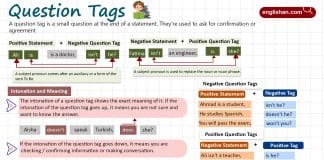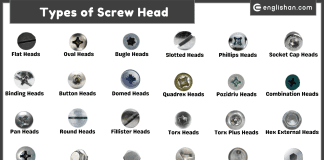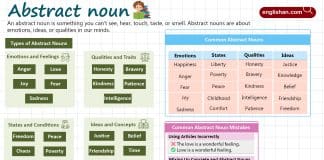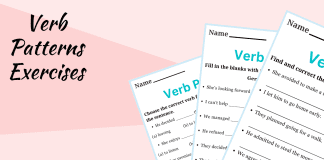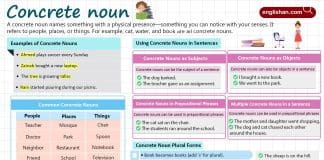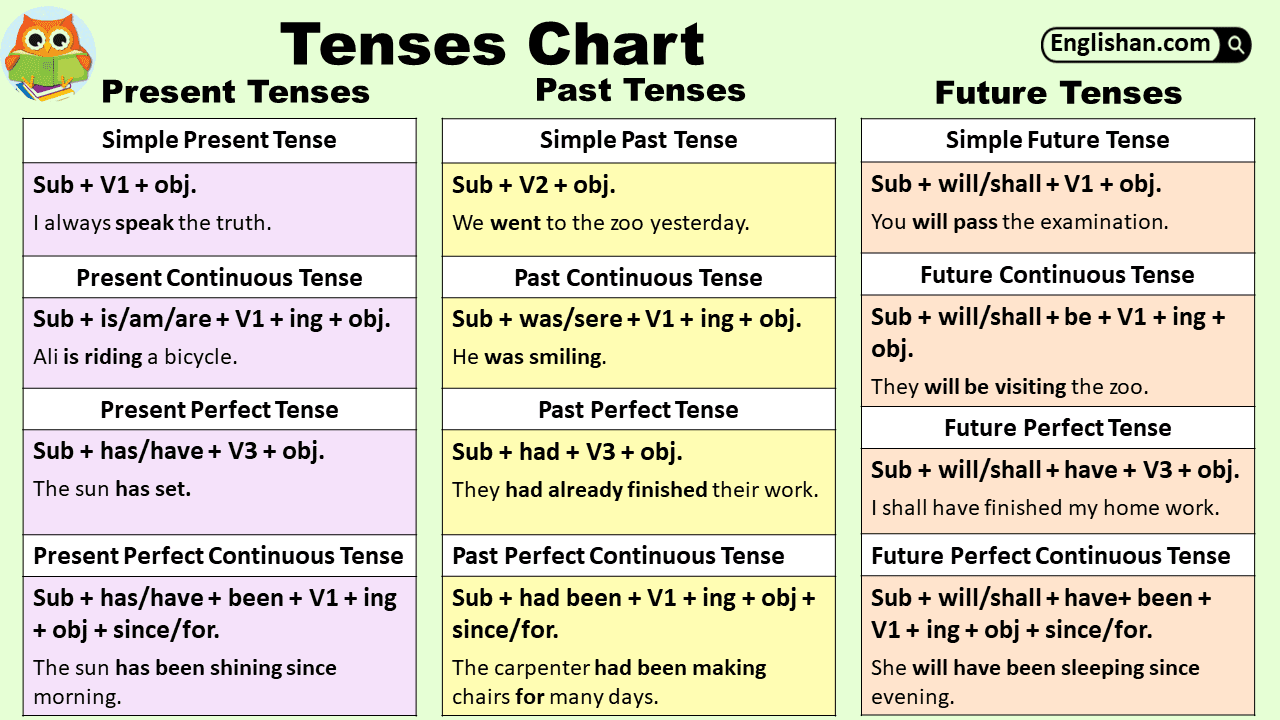Negative Sentences
Normal sentences are positive sentence. Sentences that have the word not in them are negative sentences.
if positive sentence has the auxiliary verb ‘be’ (am, is, are, was, were) and ‘have’ (has, had) in it, then we add the word not after it to change it into a negative sentence.
Examples:
Positive: This is a coat.
Negative: This is not a coat.
Positive: We have seen that film.
Negative: We have not seen that film.
However, if a positive sentence has a main verb instead, then we use the words do not or does not before the main verb to change it into a negative sentence. In such negative sentences the base form of the verb is always used.
We use do not with pronouns I, we, you, and they, and we use does not with pronouns he, she and it.
Examples:
Positive: John enjoys horse riding.
Negative: John does not enjoy horse riding.
Positive: They wash their clothes.
Negative: They do not wash their clothes.
If the positive sentence with a main verb is in the past tense, then we use the words did not before it to change it into a negative sentence (with all nouns and pronouns).
Example:
Positive: He cleaned his room.
Negative: He did not clean his room.
If a positive sentence is in the future tense, then we use the words will not to change it into a negative sentence (with all nouns and pronouns).
Example:
Positive: Linda will stitch the dress tonight.
Negative: Linda will not stitch the dress tonight.
If a positive sentence has other modal verbs, such as may, can, should, or must, then the word ‘not’ is simply added to change it into a negative sentence.
Examples:
Positive: You may eat the cake.
Negative: You may not eat the cake.
Positive: He must go now.
Negative: He must not go now.
In negative sentences we can either contract the word not with the auxiliary verb or with the noun / pronoun in the sentence.
Examples:
I’m not running in the race.
She won’t come to the party.
Susan’s not wearing earrings today.
Gina wasn’t paying attention.
